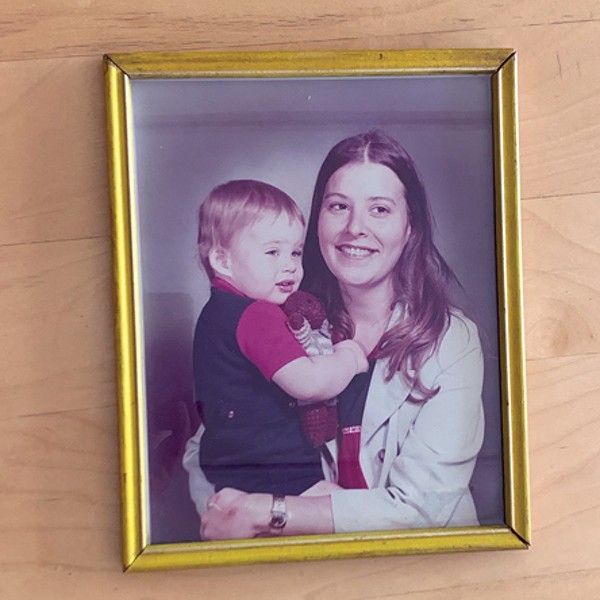Parenting advice often centers around one-on-one discipline tactics. In my own family, my two younger children are just two years apart, so I'm often disciplining while I'm outnumbered. You walk in and you're trying to say, "Okay, it's time to separate, it's time to calm down." And you have to yell because they can't hear you from all the noise that they're making.
To me, there's nothing wrong with being loud. If kids are running and jumping and yelling and tearing apart the couch, you're going to have to be loud. But instead of being loud attacking the child—"What is the matter with you? I told you to stop that. You're going to break things."—which does not create that feeling of cooperation (it just creates resentment and bad feelings), you're going to be loud about your own feelings. Be loud using "I" instead of "you." So instead of "You're going to break things," "You don't listen," I'm going to say, "I see children jumping up and down on the couch. I don't like it. That's my good couch." "I see children with a lot of energy. What can we do?" Then you can put the kids to work coming up with ideas: Do jumping jacks, jump from the step to the beanbag chair, dance to their favorite music, run three times around the outside of the house. And resist the temptation to lock the door! [Laughs.]
In the book, you point out how ineffective punishment is as a parenting tool, and the alternatives you offer are time in versus time out, planning ahead, troubleshooting situations to problem solve together rather than waiting for problems to occur. You really seem to be talking about teaching social skills.
Sure. I think the chapter on alternatives to punishment is the most radical in our book because most parenting books don't suggest that we do away with punishment altogether. But looking at the research, and looking at our own families and at families we work with, punishment is an ineffective tool. It doesn't solve the problem.
As you pointed out, it's about developing a social skill, a skill for life. How do you approach conflict? Do you approach conflict by thinking, what can I do to hurt the other person? What can I do to make the other person suffer? Or do you approach conflict by thinking, what can we do to solve this problem? How can I make amends? How can I fix this problem?
The problem with punishment is that it causes children to think selfishly: What's going to happen to me? Whereas problem solving causes them to think: How can I fix this? What should we do next? It's a whole different mindset.Research shows us that older kids who are punished severely and often do not mend their ways. They become more and more alienated from adult authorities, and they may become sneakier in their actions, and better at not being caught. You can't punish a person into good behavior. It just doesn't work.
As adults, we notice when kids constantly do something that we've asked them not to, but we don't notice our behavior and response is mostly the same also. What does it take to master these skills so that we can respond the way we want to rather than reacting and regretting all the time?
Well, reacting and regretting is part of the process. You think about it, and you say, "Boy, I wish I said this. That would have been more helpful." And then the next time, you get a chance to say that. Or you can always come back and problem solve. You can say, "That must have been really upsetting to be yelled at like that. I wish I hadn't. Let's talk about what to do next time?"
The more you practice something, the better you get at it. It takes constant renewal and constant refreshing, because when you're a parent of young children, you don't have a lot of time to think. We're never going to be perfect. Parents need to give themselves as much forgiveness as they give their children, and as many chances.
















